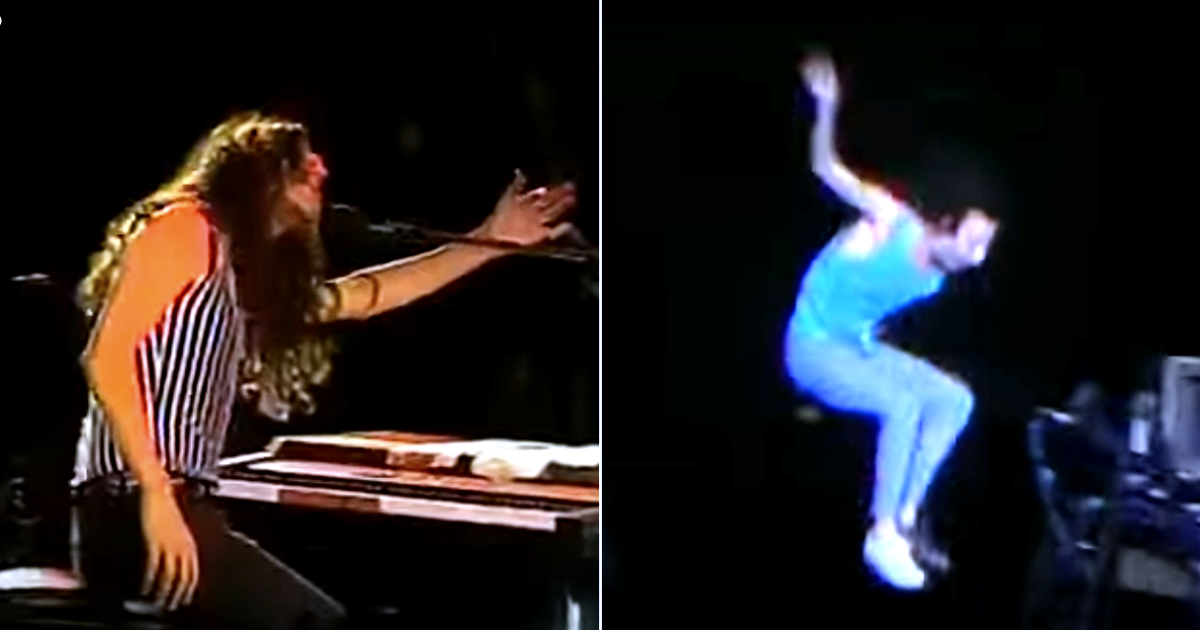The Provincial Court of Havana has dismissed the lawsuit filed by filmmaker Juan Pin Vilar against Canal Educativo, which aired his documentary "La Habana de Fito" without his approval. This legal decision has sparked significant backlash from Cuba's cultural sector, spearheaded by the Assembly of Cuban Filmmakers. In a statement, the assembly condemned the ruling as a dangerous precedent for copyright protection on the island.
The dispute began on June 10, 2023, when Canal Educativo broadcast the documentary, which was still in post-production, during the "Espectador Crítico" program. The airing occurred without the consent of the director or producer Ricardo Figueredo. Although previously shown at the Havana Film Festival in New York as a work-in-progress, its national television broadcast was seen as a blatant infringement of copyright by the artistic community.
Assembly of Cuban Filmmakers' Response
In a formal statement, the Assembly of Filmmakers criticized the procedural irregularities observed during the court proceedings and vehemently opposed the court's decision.
The document highlighted that the decision jeopardizes the rights of all Cuban creators, who now risk having their unfinished works used without permission. Key points raised by the assembly include:
- The Cuban TV channel aired the documentary during a prime-time slot without securing the legal rights, which solely belong to the filmmakers.
- The court overlooked the fact that the documentary was shown in an incomplete version, potentially affecting its future distribution and participation in international festivals.
- The judicial process did not allow for the participation of experts and specialists proposed by the plaintiff, only hearing from Canal Educativo's representatives.
- The verdict undermines the concept of authorship in cinema, suggesting that an unfinished work lacks legal protection, a dangerous message to the artistic community.
A Broader Impact Beyond One Filmmaker
The assembly pointed out that the ruling not only impacts Juan Pin Vilar but also weakens the legal framework protecting copyright in Cuba. By legitimizing the unauthorized exhibition of artistic works, the court has placed cultural institutions above creators' rights, reinforcing a pattern of impunity that has characterized the relationship between the Cuban regime and the artistic community for decades.
The statement also recalled that this incident is not isolated. Over the past sixty years, cultural authorities have faced accusations of censorship, exclusion, and control over creative processes. Recent examples of censorship in literature, theater, music, and film paint a grim picture for Cuban artists and audiences, who face restricted access to diverse artistic expressions.
Genesis of the Conflict
The conflict escalated when Cuban Television broadcast "La Habana de Fito" without prior notification in its schedule. According to the assembly's statement, this action was allegedly due to "higher orders" from ICAIC and MINCULT, particularly implicating Vice Minister Fernando Rojas, and was executed hastily, bypassing the legal and ethical protocols of the film industry.
Juan Pin Vilar, who had authorized a special screening of the documentary in New York, emphasized that this did not equate to a commercial release. At that event, the director provided a recorded message explaining the unfinished nature of his work. Nonetheless, Cuban cultural authorities used this precedent to justify its airing on Canal Educativo.
Implications and a Call for Reflection
The Assembly of Filmmakers urged the artistic community and civil society to contemplate the implications of this ruling. According to the group, the court's decision not only underscores an inadequate legal framework but also sends a clear message about the lack of guarantees for artists in Cuba.
As the assembly put it: "Impunity becomes law when institutional interests override the fundamental rights of creators. This decision not only harms one artist but also damages the cultural fabric of the nation."
Since its inception, the case of "La Habana de Fito" has been hotly debated. In June 2023, dozens of filmmakers and actors signed a declaration protesting the unauthorized broadcast of the documentary, while the singer-songwriter Fito Páez publicly supported the director on social media.
Moreover, the episode led to the reactivation of the Assembly of Filmmakers under a new structure, strengthening its role as a defender of artists' rights amid growing censorship. This judicial ruling further clouds the outlook for Cuban creators, as the debate over respecting copyright and creative freedom on the island continues.
Understanding the Legal and Cultural Ramifications in Cuba
What was the reaction of the Assembly of Cuban Filmmakers to the court's decision?
The Assembly of Cuban Filmmakers denounced the court's ruling as a severe blow to copyright protection in Cuba, highlighting procedural irregularities and the broader implications for all Cuban creators.
Why did the broadcast of "La Habana de Fito" on Cuban TV cause controversy?
The controversy arose because the documentary was aired without the director's or producer's consent, in an unfinished state, which was seen as a violation of copyright laws and a potential hindrance to its future opportunities.
What broader impact does this case have on Cuban artists?
This case undermines the legal protection of copyright in Cuba, suggesting that cultural institutions can bypass creators' rights, reinforcing a history of censorship and control over artistic expression.
